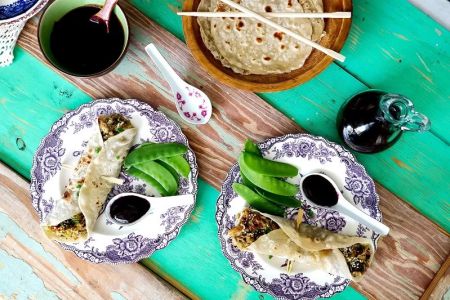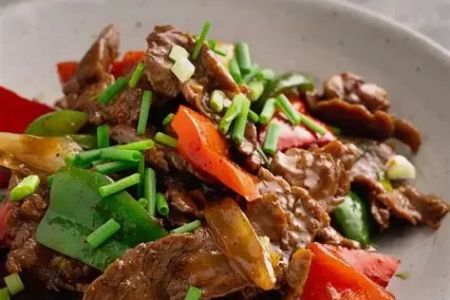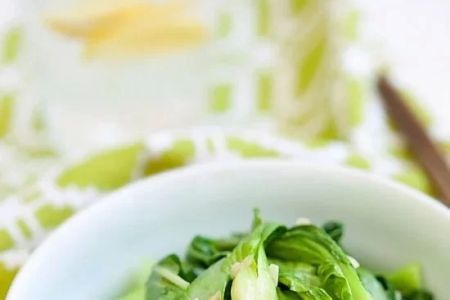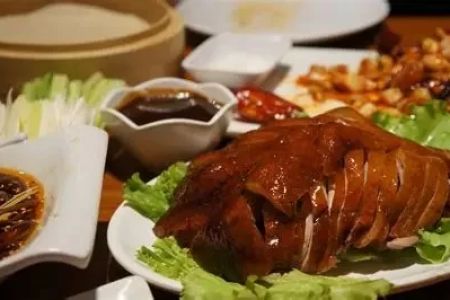- 1-Edamame-and-Chicken-Diet-Basics
- 2-Nutritional-Benefits-of-Edamame-for-Chickens
- 3-Potential-Risks-of-Feeding-Edamame-to-Chickens
- 4-How-to-Prepare-Edamame-for-Chickens
- 5-Real-Experience-of-Raising-Chickens-with-Edamame
- 6-Additional-Safe-Foods-for-Chickens
- 7-Where-to-Find-Quality-Poultry-Foods-and-Resources
1. Edamame and Chicken Diet Basics
As more backyard poultry keepers seek to diversify their chickens’ diets, questions about feeding edamame—young soybeans—are common. Understanding what chickens can safely consume is crucial for their health and egg production. Edamame, known for its nutritional value in human diets, has sparked curiosity about its suitability for poultry.
Chickens thrive on a balanced diet primarily composed of grains, seeds, insects, and commercial feed formulated to meet their dietary needs. Introducing new foods like edamame requires careful consideration to avoid digestive upset or nutritional imbalances.
1.1 Why Consider Edamame for Chickens?
Edamame offers a plant-based protein source and contains essential vitamins and minerals. Poultry owners often wonder if incorporating edamame can improve flock health or supplement protein intake, especially in natural or organic feeding programs.
2. Nutritional Benefits of Edamame for Chickens
Edamame is rich in protein, fiber, vitamins such as folate, and minerals including iron and calcium. Protein is vital for chickens, especially laying hens, as it supports muscle development, feather growth, and egg production.
Adding edamame in moderation can provide these nutrients, complementing their regular feed. For instance, a study on poultry nutrition highlights the benefits of plant proteins in reducing feed costs while maintaining egg quality.
3. Potential Risks of Feeding Edamame to Chickens
Despite its benefits, feeding edamame to chickens is not without risks. Raw soybeans contain anti-nutritional factors like trypsin inhibitors and lectins, which can interfere with protein digestion and harm gut health.
Cooking or fermenting edamame reduces these harmful compounds, making it safer for poultry. Overfeeding soy products can also cause digestive issues or allergic reactions in some birds. Moderation and proper preparation are therefore critical.
4. How to Prepare Edamame for Chickens
To safely include edamame in your chickens’ diet, it should be cooked without seasoning. Boiling or steaming the edamame pods until soft neutralizes toxins and makes nutrients more digestible. Once cooled, remove the beans from the pods and offer them as a treat or supplement.
It’s advisable to start with small amounts and monitor the flock’s response before increasing portions. Avoid salted or flavored edamame, which can be harmful to chickens.
5. Real Experience of Raising Chickens with Edamame
Backyard poultry keeper Sarah from Oregon shares her experience: “I introduced cooked edamame to my hens as a protein snack during winter when bugs were scarce. They loved it, and their feather condition improved noticeably. I always prepare it plain and offer it occasionally to avoid overfeeding.”
Stories like Sarah’s reinforce that with proper care, edamame can be a healthy, enriching addition to a chicken’s diet.
6. Additional Safe Foods for Chickens
Besides edamame, many other human foods are safe and beneficial for chickens. These include fruits like blueberries, vegetables such as peas and carrots, grains like oats and corn, and occasional protein sources like mealworms.
Ensuring a varied diet enhances chicken health and happiness, contributing to better egg production and natural behavior.
7. Where to Find Quality Poultry Foods and Resources
For poultry owners seeking reliable products and advice, websites like Chinese Food offer a variety of poultry feed options and educational resources. From feed ingredients to feeding techniques, such platforms help optimize your flock’s nutrition.
Visiting trusted suppliers and consulting with poultry nutrition experts can further ensure your chickens receive a balanced, safe diet tailored to their needs.







